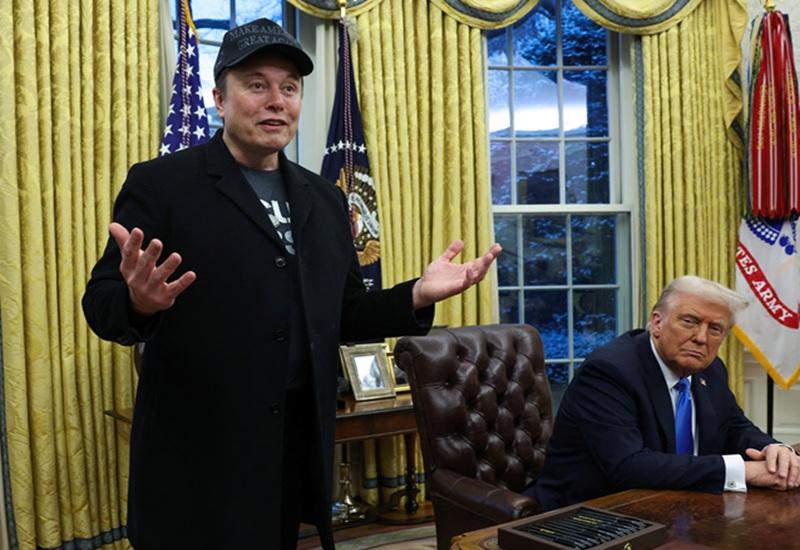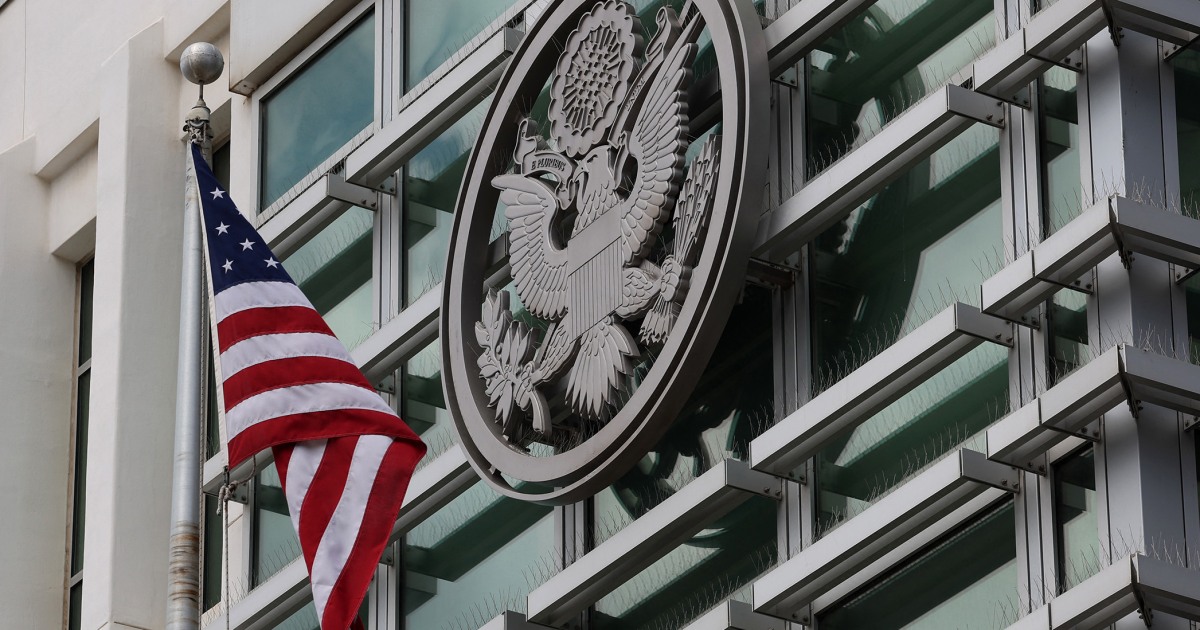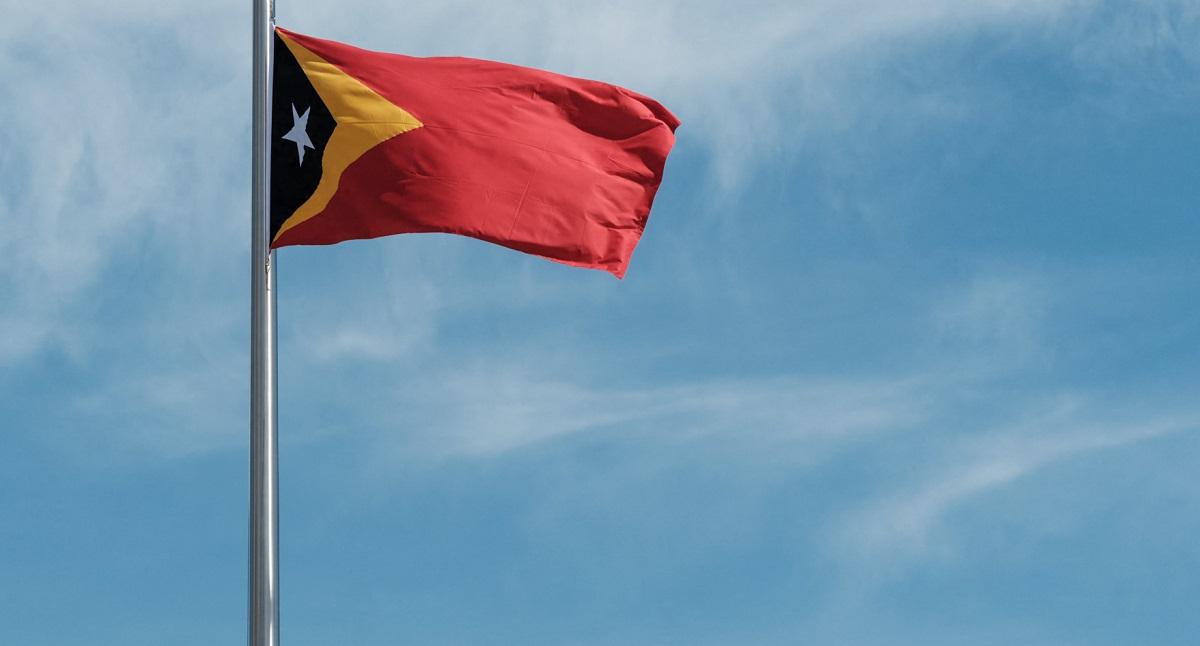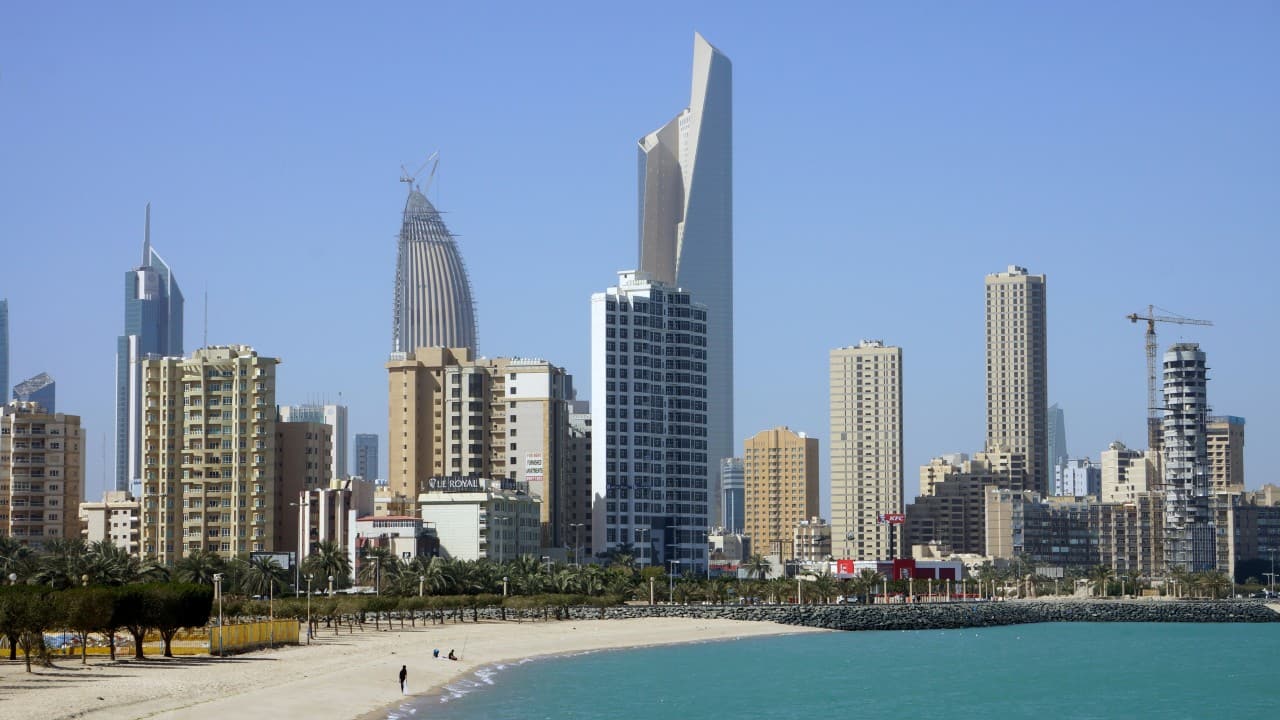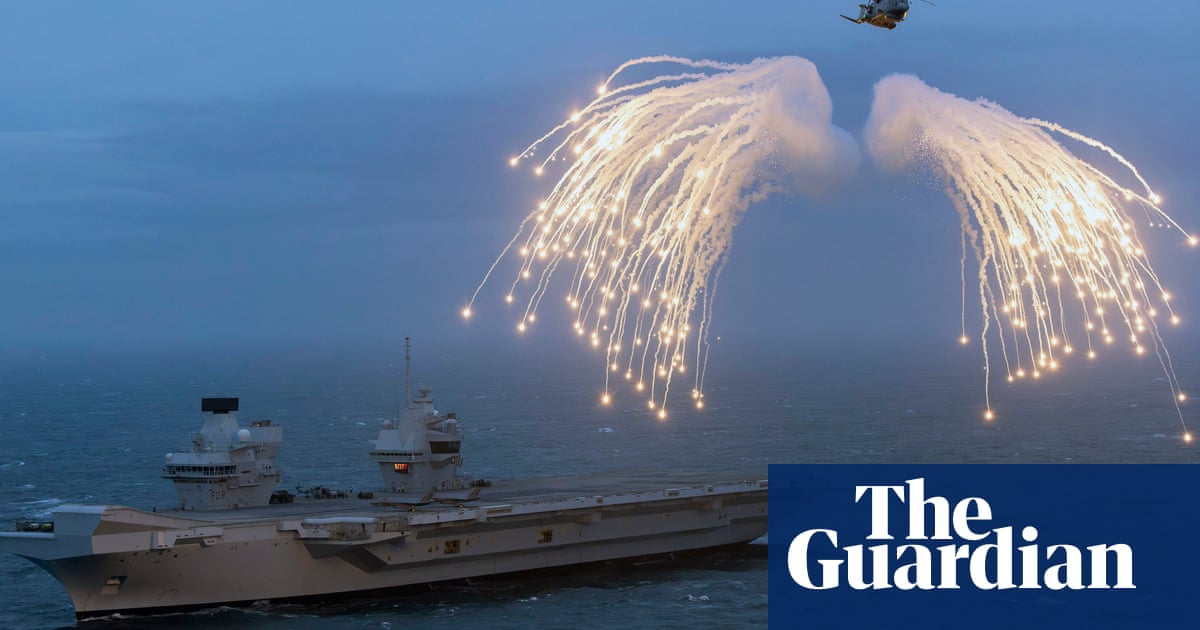Britain Transfers Sovereignty Over Chagos Islands to Mauritius Amid Controversy
LONDON (AP) — In a significant move that has stirred both domestic and international reactions, the British government signed an agreement on Thursday, transferring sovereignty over the disputed Chagos Islands to Mauritius. This agreement is framed by the U.K. government as a necessary step to secure the future of the strategically vital U.S.-U.K. military base located on Diego Garcia, the largest island in the archipelago.
Diego Garcia not only serves as a naval station but also houses a crucial bomber base, which has been instrumental for military operations. The U.K. has agreed to lease the base back from Mauritius for a period of at least 99 years, with financial terms set at an average of £101 million (approximately $136 million) per year. This arrangement highlights the importance of the base in British defense strategy, particularly in the realm of counterterrorism and intelligence.
Prime Minister Keir Starmer emphasized the necessity of the deal, stating that the military base is foundational to the safety and security of the UK. “By agreeing to this deal now on our terms, we’re securing strong protections, including from malign influence, that will allow the base to operate well into the next century, helping to keep us safe for generations to come,” Starmer articulated during a press briefing at a military headquarters in Northwood, located near London.
However, the deal has provoked criticism from various quarters. Opponents express concerns that relinquishing control over the islands, which have been a British territory for over two centuries, could expose them to potential foreign interference from nations like Russia and China. Conservative defense spokesman James Cartlidge labeled the agreement a “total, abject surrender of our territory and a fundamental betrayal of the U.K. national interest,” highlighting the contentious nature of this decision.
The agreement comes at a time of heightened sensitivity surrounding the historical treatment of the islands’ original residents, the Chagossians, who were forcibly evicted from their homes in the 1960s and 1970s to facilitate the establishment of the military base. Many of these displaced individuals have spent decades seeking legal recourse to return to their homeland. The recent agreement was scheduled to be signed by Starmer and Mauritian Prime Minister Navin Ramgoolam during a virtual ceremony. However, it experienced a delay due to a last-minute injunction from a U.K. judge, requested by two Chagossian activists. This injunction was later lifted, allowing the signing to proceed.
The deal also establishes a trust fund aimed at benefiting the Chagossians and opens the possibility for Mauritius to implement a resettlement program on the islands, exclusive of Diego Garcia. Nevertheless, it does not mandate the resettlement of the original inhabitants. Chagossian activist Bertrice Pompe voiced her dismay at the agreement, describing it as “a very sad day,” but reaffirmed her commitment to continue fighting for their rights. “The rights we are asking for now, we have been fighting for for 60 years,” she claimed outside the High Court, expressing skepticism regarding Mauritius’ willingness to grant them these rights.
The Chagos Islands have been a remnant of the British Empire since 1814, having been separated from Mauritius in 1965, shortly before the latter gained independence. The British government’s decision to evict around 2,000 residents from the islands was primarily driven by the necessity to accommodate the U.S. military, which has utilized the base for various operations across the globe, from Vietnam to the Middle East.
Internationally, Mauritius has long contested British control of the Chagos Islands. The United Nations and the International Court of Justice have both urged the U.K. to return the territory to Mauritius, reinforcing the global sentiment towards decolonization and respect for sovereignty. A non-binding opinion released by the International Court of Justice in 2019 characterized the U.K.'s actions as unlawful when it carved out the islands during Mauritius' transition to independence in the late 1960s.
Starmer pointed out that the urgency of the agreement arose from perceived threats against the military base, indicating that Mauritius might pursue legal action against the U.K. shortly thereafter. He cautioned that the U.K. had no “realistic prospect of success” in such potential legal disputes.
The U.K. defense ministry reassured that the agreement would incorporate robust protections, including a 24-mile (39-kilometer) exclusion zone surrounding Diego Garcia, a veto on developmental activities across the broader archipelago, and a prohibition on foreign military presence on the islands.
Negotiations regarding the transfer of the islands to Mauritius began in 2022 under the previous Conservative administration and resumed following the Labour Party's election victory in July. While a draft agreement was established in October, it faced delays due to changes in Mauritius' government and debates over the rental terms of the military base. The U.K. also paused to consult with the Trump administration following a shift in Washington's political landscape.
Following the agreement, U.S. Secretary of State Marco Rubio expressed support, noting that it “secures the long-term, stable, and effective operation” of the Diego Garcia base, which he described as a vital asset for both regional and global security.
As the situation unfolds, the balance of military strategy, international relations, and the rights of displaced people remains a complex and delicate issue that will require continued attention from both the U.K. and Mauritius.














